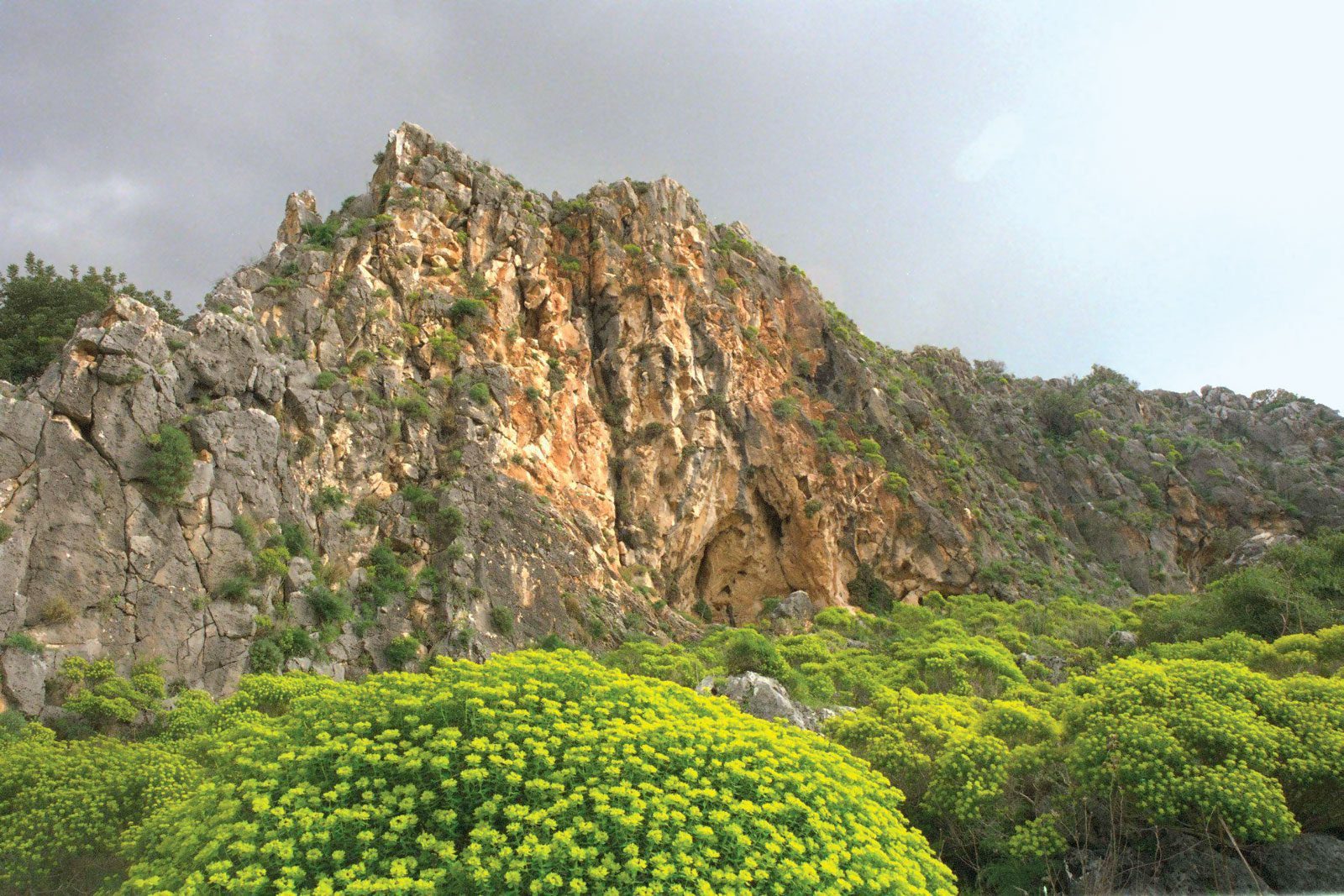“What we feel now, we will not always feel.”
During a perilous time in my life, this quote from Philip Yancey’s book, Disappointment with God, caught my attention, and helped me gradually to change my thinking about myself and my situation, and to “see light at the end of the tunnel.”
This simple truth is one of the lessons from the life of the prophet Elijah.
I Kings 17
Having obeyed God and delivered to wicked king Ahab the message of “no rain,” Elijah the prophet fled to the brook Cherith. At first, the brook babbled as all brooks do. Elijah drank of the brook, and then looked skyward for the ravens that would bring dinner that evening. Where they found the bread they brought he could only guess. Where they got the “meat” they served, he did not want to know.
When the brook dried up, Elijah headed to Zarephath, where he met a widow, who, like him, had about used up her reserve of faith. In search of “two sticks,” to make a fire so she could make one last cake, so she and her son could eat it and then “die,” the widow honored Elijah’s request to make the cake for him. And then, her cruse of oil and barrel of meal never ran empty or dry.
I Kings 18
The third year after God gave his initial instructions to Elijah, He sent him back to Ahab with the news that rain was on the way. [v. 17]
We have here the meeting between Ahab and Elijah, as bad a king as ever the world was plagued with and as good a prophet as ever the church was blessed with. Matthew Henry
Ahab, as incompetent leaders will, faulted Elijah with troubling Israel. Instead of cowering or bolting for the door, Elijah challenged Ahab’s false conclusions, and challenged him to a showdown between the God of Israel and Baal.
Ahab sent for the children of Israel and the false prophets and followers of Baal, summoning them to Mount Carmel.
The managers of Baal’s cause were 450 men, fat and well fed besides 400 more, their supporters or seconds. The manager of God’s cause was but one man, lately a poor exile, hardly kept from starving; so that God’s cause has nothing to support it but its own right. Matthew Henry
The showdown began.
Then Elijah asked the famous question [21]: How long halt ye between two opinions? If the Lord be God, follow him: but if Baal, then follow him.
It should here be noted that this question of two opinions did not only mean, “Will you serve God or will you serve Baal?” Some of the Israelites were serving both—sometimes God and sometimes Baal.
Jesus addressed the same problem in Matthew 6: 24. “No man can serve two masters.”
Elijah presented the plan and carried it out. [vv. 23-35]
The prophets of Baal were to provide two bullocks, choose one for themselves, cut it in pieces, lay it on wood. He would do the same with the other bullock. Baal’s men could call on him. Elijah would call on God. The God that answered by fire would alone be worthy of worship.
The false prophets followed his directions, and called on Baal from morning to noon. When they got no result, they leaped on the altar. Elijah mocked them.
Then Elijah took twelve stones, one for each of the tribes of Israel, built an altar (he would not perform his sacrifice on the same altar as the Baal worshippers) and dug a trench around it. He arranged the wood, put the bullock on top, and ordered twelve barrels of water poured over the sacrifice. The water ran off the altar and into the trench.
And then Elijah called on the name of the Lord.
[38-39] And the fire of the Lord fell, consumed the sacrifice, and the wood and the stones, and “licked up the water” in the trench. The people fell on their faces: and they said, The Lord, he is the God; the Lord, He is the God.”
[40] And then Elijah took a trip to another brook. This time it was the brook Kishon, where he slew the prophets of Baal.
[43-46] Elijah turned to Ahab and told him to quit fasting. Rain was on the way. Elijah went back to Carmel, and sent his servant to scan the sky. The servant said he saw a cloud. He sent the servant to Ahab to “prepare his chariot.” And the rain came and Ahab rode. And Elijah girded up his robes, and ran before Ahab to the entrance of Jezreel.
Elijah lived in dark and hopeless times. He endured times of loneliness, deprivation, and despair at the brook Cherith.
He felt so alone he believed he was the only prophet of the Lord left. [v.22]
If someone had told Elijah, while he was stranded—“the only one left”—at the brook Cherith, “There’s another brook in your future. By the time you get there, you will have faced down 850 false prophets, called on God to send fire from Heaven…which He will do… then you’ll slay those same false prophets and turn God’s people back to Him. Wait. There’s more. After all that, the rain will come, the drought and famine will end…and you’ll order the king to get in his chariot and drive. Wait There’s more. You will outrun his horse and beat him to Jezreel.”
In other words: You have to be fed by the birds before you can outrun a horse.
What you feel now, you will not always feel.




How fantastic! Thank you for this post. It really hits home with the situation I am currently going through. This is exactly what I needed! God bless you!